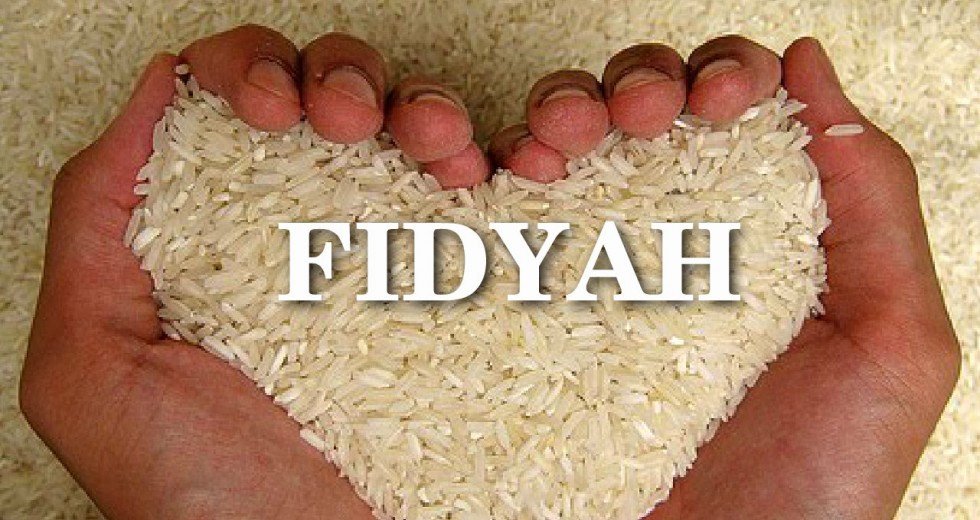Fidyah (also spelled fidya) is a payment that must be made by all Muslims when they sell or transfer property. It is similar to a sales tax, but it applies only to the property being sold or transferred.
Fidyah (also spelled fidya) is a payment that must be made by all Muslims when they sell or transfer property. It is similar to a sales tax, but it applies only to the property being sold or transferred.
Fidyah is a form of charity in Islam that is used to provide relief to those who are unable to fulfill their religious obligations. Fidyah can be given as a payment or donation to those in need, such as the poor or those affected by natural disasters. It is also given as an alternative form of penance for certain religious offenses, such as missing a fast during Ramadan. The amount of Fidyah that should be given is determined by Islamic law, and is typically based on the current market value of commodities such as wheat or barley. Fidyah is an important part of Islamic charity and its purpose is to help provide relief and assistance to those in need.

Fidyah is a type of financial compensation prescribed by Islamic law that is to be given when an individual is unable to fast during the month of Ramadan due to illness, pregnancy, or any other valid excuse. It is generally intended as a substitute for the obligatory fast, and it is usually paid in the form of food that can be used to feed needy people. Fidyah must be paid for each day of fasting missed, though the amount varies depending on the region and situation. Additionally, fidyah can also be used to make up for missed alms-giving or pilgrimage obligations. Ultimately, it is important to remember that fidyah only applies when an individual cannot observe their religious obligations due to valid reasons; if one chooses not to observe them for any other reason, fidyah does not apply.
Fidyah is a form of charity that is paid to those who are unable to fast during Ramadan due to sickness or other reasons. According to Islamic teachings, it is mandatory for those who are able to pay fidyah to do so. Fidyah is usually paid in kind, such as food items or livestock, but can also be paid in cash. The amount of fidyah that needs to be paid depends on the recipient’s financial situation, with higher amounts for those who are less well off. Fidyah can be used to help those in need and as a way of showing compassion and kindness.
Fidyah is a form of compensation paid by Muslims who have missed certain religious obligations due to circumstances beyond their control. The obligation can be a missed fasting during Ramadan or Hajj pilgrimage. Fidyah is typically paid to the poor and needy, and it is recommended that the amount given should be an equivalent of the amount that would have been spent to fulfill the obligation. Fidyah payments may be made directly to individuals or to an organization or institution that works for the benefit of the poor and needy.
Paying Fidyah is a form of charity in Islam, and is used to make up for any missed or incomplete fasts during the month of Ramadan. The rules for paying Fidyah are quite simple; the amount that must be given depends on the individual’s financial situation, with a minimum of two kilograms of wheat, barley, dates, or raisins being required. It is also important to note that this charity must be given to the poor and needy, and not to family members. Furthermore, if the person is unable to pay Fidyah, they must fast for sixty days in a row.